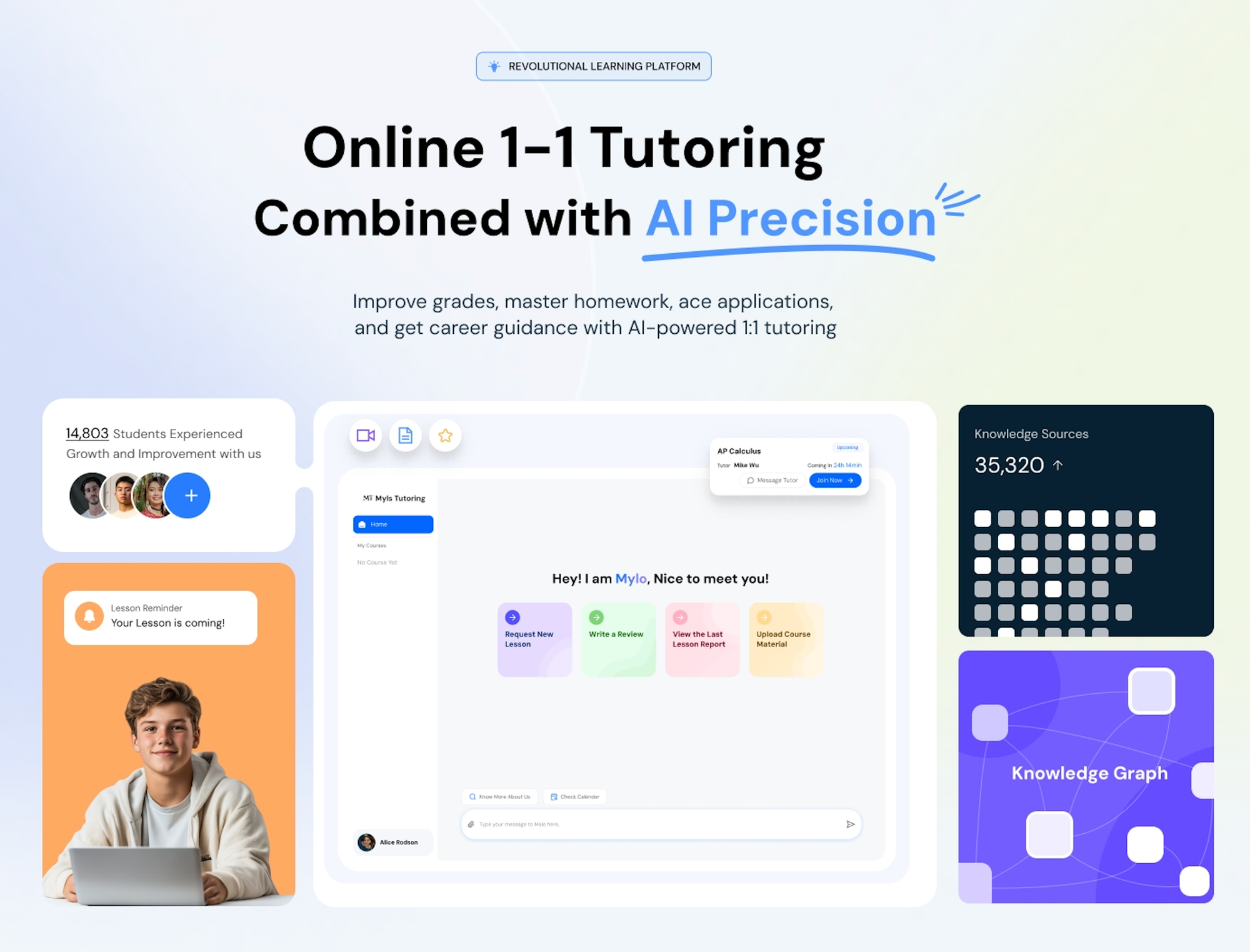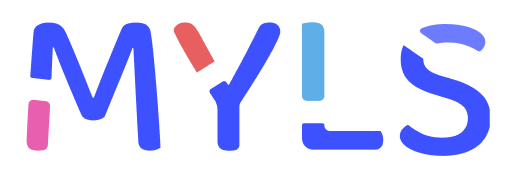The Smart Way to Pick Undergraduate Programs Based on Your Strengths
Choosing an undergraduate degree can feel overwhelming—but your academic strengths already offer strong clues. This blog shows how to align your subject performance, learning style, and interests with the right university major at a top university.

Your Strengths Can Guide Your Direction
When it comes to choosing a university major, many students feel stuck between passion and practicality. But the smartest place to start isn’t with rankings or job titles—it’s with your academic strengths. The subjects where you thrive, the skills you enjoy using, and the types of assignments you naturally excel at all point toward programs where you’re more likely to succeed and feel motivated.
In this blog, we’ll walk you through how to assess your academic profile and translate it into a smart, personalized choice of undergraduate program—so that when you apply to top universities, you’re choosing the ones that align with how you learn and grow best.
Step 1: Identify Your Academic Strengths
Look at More Than Just Grades
Grades matter—but don’t rely on them alone. Ask:
- Which assignments felt most natural to you?
- What type of class participation energizes you?
- Where do you lose track of time when learning?
Your application answers may highlight strengths like logical reasoning, written communication, creativity, technical skill, or research ability.
Review Patterns, Not Just Peaks
Instead of focusing only on your top subject, look for clusters:
- Strong in English and social studies? That points toward humanities, law, or communications.
- Excel in biology and chemistry? Life sciences or health programs may suit you.
- Good at math and data? Consider business analytics, economics, or computer science.
Step 2: Match Strengths to Program Types
Verbal & Communication Strengths
If you love expressing ideas through writing or discussion:
- Strong matches: English, political science, journalism, law, public relations, international relations
- Careers: Law, communications, policy, marketing, education, publishing
- Tip: These programs often value writing samples, essays, or strong language course performance
Quantitative & Analytical Strengths
If you excel at numbers, logic, and problem-solving:
- Strong matches: Mathematics, economics, engineering, computer science, actuarial science, business analytics
- Careers: Tech, finance, data science, consulting, engineering, statistics
- Tip: Highlight math contest experience or AP/IB math coursework if applying to competitive programs
Scientific Reasoning & Research Skills
If you’re strong in lab work, data collection, or scientific writing:
- Strong matches: Biology, chemistry, neuroscience, environmental science, cognitive science
- Careers: Healthcare, pharmaceuticals, research, biotech, public health
- Tip: Many of these programs lead to further study (grad school or professional degrees)
Visual-Spatial & Creative Thinking
If you enjoy design, media, or building things visually:
- Strong matches: Architecture, visual arts, design, media studies, urban planning, industrial engineering
- Careers: UX/UI design, marketing, architecture, digital production, product design
- Tip: A portfolio may be required for creative majors—start building it early
Step 3: Factor in Your Learning Style
Not All Programs Are Taught the Same Way
Even within your academic strengths, how the program teaches matters. Think about:
- Do you prefer lectures or hands-on work?
- Do you learn best through collaboration or independent study?
- Do you like open-ended problems or structured answers?
Examples:
- A student strong in math who dislikes memorization might prefer engineering over health sciences.
- A strong writer who enjoys debate might choose political science over history.
The way material is delivered should complement—not challenge—your natural learning tendencies.
Step 4: Consider Program Structure and Flexibility
Not All Strengths Fit Neatly Into One Major
If your strengths span multiple disciplines:
- Consider interdisciplinary programs (e.g. cognitive science, science and business, PPE – philosophy, politics, and economics)
- Explore double majors or minors
- Look for programs with elective flexibility or cross-faculty access
Top universities like U of T, McMaster, UBC, and Queen’s offer broad-entry degrees that allow you to explore before specializing—ideal if you want time to confirm your direction.
Step 5: Use Tools to Assess Fit
Try These Resources
- University course calendars: Read the structure of first-year courses
- LinkedIn alumni search: See what people with your target major do after graduation
- Free online courses (MOOCs): Try beginner classes in subjects you’re considering
Testing ideas before you commit helps avoid switching majors later—which can cost both time and money.
How Myls Interview Helps You Turn Strengths Into Smart University Choices

At Myls Interview, we don’t just help you boost your university application—we help you use them as a guide. Our Mock Interview platform bridges the gap between what you’re good at in school and where that can take you in university. We believe that academic success is most powerful when it’s part of a bigger picture: one that includes thoughtful academic planning, self-awareness, and strong decision-making about your future.
Our approach combines personalized academic advising with strategic academic insights, empowering students to make university choices that align with their strengths, interests, and long-term goals. Whether you're unsure about what to study or debating between a few programs, Myls Interview helps you find clarity and confidence in your decisions.
We offer:
- Strength-based program matching
Discover which university majors are the best fit for you based on your strongest subjects and academic track record. - Smart assessment tools
Explore your learning style, analyze trends in your academic performance, and identify areas where you naturally excel. Myls Online Tutoring platform helps you better understand how you learn—and how that translates into university readiness. - Sessions in university-level courses
Don’t just guess what a program is like—experience it. We offer guided trial sessions in actual first-year university content so you can preview what studying your top-choice program will really feel like. - Support for first-year core subjects
Build confidence before you even get there. From business and economics to math and science, we offer foundational academic support to prepare you for the most common first-year university courses.
Choosing the right university program isn’t just about prestige or popularity—it’s about finding a path that grows out of your strengths and gives you room to keep growing. At Myls Interview, we help you make informed, confident decisions that align with your academic identity and future goals.
🎓 Sign up for free today and take the first step toward choosing a university path that fits you—your strengths, your interests, and your future.



